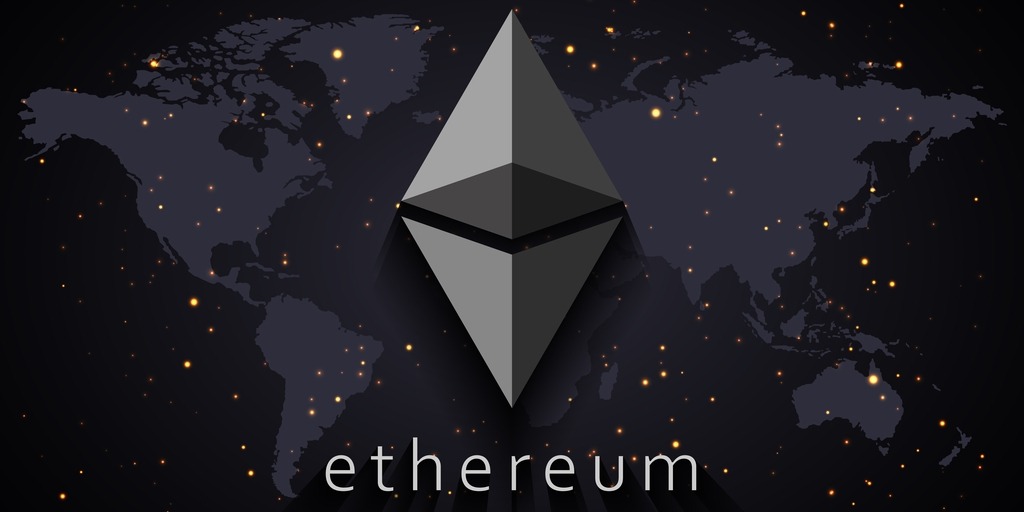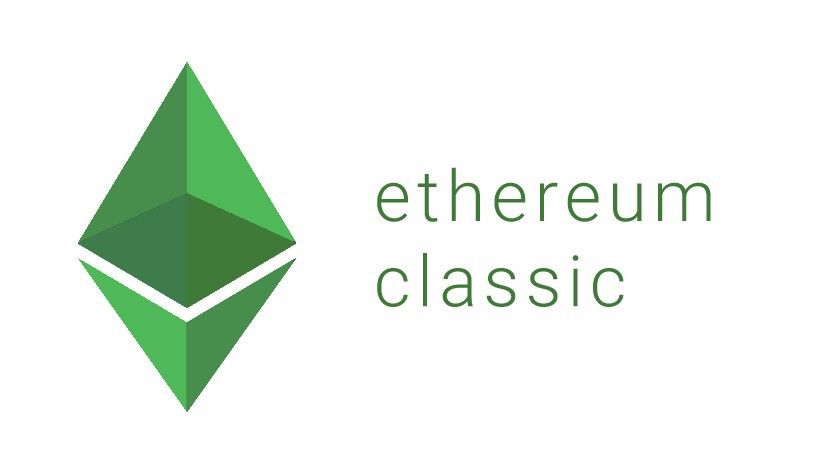Account Abstraction (AA): Ethereum’s Amazing Push to Revolutionize Wallets In 2025
Ethereum has been at the forefront of blockchain innovation, and its latest initiative, Account Abstraction (AA), is set to redefine how users interact with wallets and the Ethereum network. By integrating smart contract functionalities into wallets, Account Abstraction aims to make them more user-friendly, secure, and versatile, eliminating many of the complexities that deter mainstream adoption.
This article delves into the concept of Account Abstraction, its significance, how it improves Ethereum wallets, the challenges it seeks to solve, and its potential impact on the broader blockchain ecosystem.
Key Highlights
- What is Account Abstraction?
- The Need for Account Abstraction in Ethereum
- How Account Abstraction Works
- Benefits of Account Abstraction
- Applications of Smart Contract Wallets
- Challenges and Limitations
- The Road Ahead for Ethereum and Account Abstraction
What is Account Abstraction?
Account Abstraction (AA) is a technical upgrade in Ethereum that separates the functionalities of accounts and their corresponding transaction validation processes. In simpler terms, AA transforms Ethereum accounts into programmable smart contracts, enhancing their capabilities and usability.
Ethereum currently uses two types of accounts:
- Externally Owned Accounts (EOAs): Controlled by private keys, these are standard user wallets.
- Contract Accounts (CAs): Controlled by code, these are smart contracts deployed on the Ethereum network.
EOAs are simple and rely on private keys for security, but this simplicity has drawbacks, such as limited functionality and a high risk of key mismanagement. AA eliminates the rigid distinction between EOAs and CAs, allowing wallets to function as smart contracts with customizable rules and logic.
The Need for Account Abstraction in Ethereum
The current Ethereum account system, while effective, is not ideal for mainstream adoption due to several limitations:
1. Complexity of Private Key Management
Private keys are the backbone of EOAs, but losing a private key often means losing access to funds permanently. This single point of failure creates a significant barrier for non-technical users.
2. Inflexible Transaction Validation
EOAs rely on fixed validation rules hardcoded into Ethereum’s protocol, offering little room for customization.
3. Security Vulnerabilities
The lack of advanced security mechanisms, such as multi-signature authorization, leaves EOAs susceptible to hacks and theft.
4. High Gas Costs for User Experience Enhancements
Customizing user experience often involves deploying additional smart contracts, which increases gas fees.
Account Abstraction addresses these issues by enabling more flexible and secure account designs.
How Account Abstraction Works
Account Abstraction modifies Ethereum’s protocol to shift transaction validation logic from EOAs to smart contracts. This change allows users to define custom rules for how their accounts process transactions.
Key Technical Aspects
- EIP-4337: The Blueprint for AA
The Ethereum Improvement Proposal (EIP) 4337 outlines how Account Abstraction can be implemented without modifying Ethereum’s core protocol. It introduces a new “UserOperation” object that routes transactions through a specialized contract called the Entry Point.- UserOperation: Combines the transaction data and the user-defined validation logic.
- Entry Point: Acts as a hub to process and validate UserOperations.
- Smart Contract Wallets
Wallets become programmable smart contracts, allowing users to define custom rules for actions like:- Transaction approval.
- Multi-signature requirements.
- Time-based spending limits.
- Decoupled Validation
The transaction validation process is abstracted away from the wallet’s private key. Instead, users can rely on other mechanisms, such as biometrics or social recovery.
Benefits of Account Abstraction
1. Improved User Experience
AA simplifies blockchain interactions, making wallets more intuitive for everyday users. Features like password recovery, biometrics, and seamless transaction batching can now be implemented directly into wallets.
2. Enhanced Security
By enabling advanced security mechanisms, AA mitigates the risks associated with private key mismanagement. For instance:
- Multi-signature wallets prevent unauthorized access.
- Social recovery mechanisms allow users to regain access if their private key is lost.
3. Customizable Transactions
Users can define transaction rules tailored to their needs, such as:
- Setting spending limits.
- Whitelisting specific addresses.
- Enforcing time delays for large transactions.
4. Gas Fee Optimization
AA allows for gas abstraction, enabling developers or third parties to sponsor gas fees. This feature reduces friction for end users, particularly in onboarding.
5. Support for Advanced Applications
From DeFi protocols to NFT marketplaces, AA facilitates the creation of more sophisticated applications by enabling complex transaction logic directly within wallets.
Applications of Smart Contract Wallets
1. Social Recovery Wallets
Social recovery wallets leverage AA to let users regain access to their accounts by involving trusted parties. This feature is ideal for reducing the risks of private key loss.
2. Subscription Payments
Recurring payments, a feature lacking in traditional EOAs, can now be implemented easily using AA. Users can authorize periodic transactions through smart contract logic.
3. Gasless Transactions
AA allows third parties to sponsor gas fees, enabling gasless transactions. This feature is particularly valuable for onboarding new users unfamiliar with cryptocurrency mechanics.
4. Decentralized Finance (DeFi)
Smart contract wallets enhance DeFi participation by offering seamless integration with multi-signature security, automated yield farming, and asset management.
5. Gaming and NFTs
AA simplifies wallet interactions for blockchain-based games and NFT marketplaces, enabling features like in-game item recovery and secure trading.
Challenges and Limitations
While Account Abstraction holds immense promise, it is not without challenges:
1. Increased Complexity
Integrating smart contract functionalities into wallets introduces additional layers of complexity. Developers must ensure robust designs to avoid vulnerabilities.
2. Smart Contract Risks
Smart contracts are prone to bugs and exploits. Malicious actors could target vulnerabilities in custom wallet logic, leading to potential losses.
3. High Development Costs
Building and deploying smart contract wallets require significant resources, which could deter smaller developers.
4. Interoperability Concerns
Not all blockchains support AA, limiting its functionality to ecosystems like Ethereum that have implemented EIP-4337 or similar frameworks.
5. User Education
Mainstream adoption hinges on educating users about the benefits and mechanics of AA-enabled wallets. Non-technical users may find the transition challenging.
The Road Ahead for Ethereum and Account Abstraction
Account Abstraction is poised to become a cornerstone of Ethereum’s evolution, unlocking new possibilities for user-friendly, secure, and customizable blockchain interactions. Key developments to watch for include:
1. Broader Adoption of EIP-4337
As more wallets and dApps implement EIP-4337, the ecosystem will grow more cohesive, enhancing interoperability and functionality.
2. Integration with Layer-2 Solutions
Layer-2 networks like Optimism and Arbitrum are likely to adopt AA to improve scalability and reduce costs for users.
3. Standardization of AA Frameworks
The development of standardized AA frameworks will simplify integration for developers, fostering broader adoption.
4. Increased Focus on Security Audits
As smart contract wallets gain traction, rigorous security audits will become essential to mitigate risks.
5. Mainstream Onboarding
Simplified user experiences powered by AA will drive mainstream adoption of blockchain technology, attracting a new wave of users.
Also, read – Composability In DeFi: How The Amazing Ethereum’s Modular Ecosystem is Changing Finance in 2024
Conclusion
Account Abstraction represents a pivotal advancement in Ethereum’s journey toward mass adoption. By integrating smart contract functionalities into wallets, AA addresses long-standing challenges in user experience, security, and scalability. Whether through social recovery wallets, gasless transactions, or customizable security features, the potential of AA is immense.
As Ethereum continues to refine and expand its implementation of Account Abstraction, the technology promises to empower users and developers alike, bringing us closer to a world where blockchain is seamlessly integrated into everyday life. The future of decentralized finance, gaming, and digital identity is set to be shaped by this transformative innovation.
Stay informed with daily updates from Blockchain Magazine on Google News. Click here to follow us and mark as favorite: [Blockchain Magazine on Google News].
Get Blockchain Insights In Inbox
Stay ahead of the curve with expert analysis and market updates.
latest from tech
Disclaimer: Any post shared by a third-party agency are sponsored and Blockchain Magazine has no views on any such posts. The views and opinions expressed in this post are those of the clients and do not necessarily reflect the official policy or position of Blockchain Magazine. The information provided in this post is for informational purposes only and should not be considered as financial, investment, or professional advice. Blockchain Magazine does not endorse or promote any specific products, services, or companies mentioned in this posts. Readers are encouraged to conduct their own research and consult with a qualified professional before making any financial decisions.

 Bitcoin
Bitcoin  Ethereum
Ethereum  XRP
XRP  Tether
Tether  Solana
Solana  Dogecoin
Dogecoin  USDC
USDC  Cardano
Cardano  Lido Staked Ether
Lido Staked Ether  TRON
TRON  Avalanche
Avalanche  Sui
Sui  Wrapped stETH
Wrapped stETH  Chainlink
Chainlink  Toncoin
Toncoin  Shiba Inu
Shiba Inu  Stellar
Stellar  Wrapped Bitcoin
Wrapped Bitcoin  Hedera
Hedera  Polkadot
Polkadot  WETH
WETH  Bitcoin Cash
Bitcoin Cash  Uniswap
Uniswap  Pepe
Pepe  LEO Token
LEO Token  Hyperliquid
Hyperliquid  Litecoin
Litecoin  Wrapped eETH
Wrapped eETH  NEAR Protocol
NEAR Protocol  Internet Computer
Internet Computer  Ethena USDe
Ethena USDe  USDS
USDS  Aptos
Aptos  Aave
Aave  Mantle
Mantle  Bittensor
Bittensor  Virtuals Protocol
Virtuals Protocol  Cronos
Cronos  POL (ex-MATIC)
POL (ex-MATIC)  Ethereum Classic
Ethereum Classic  Render
Render  Artificial Superintelligence Alliance
Artificial Superintelligence Alliance  MANTRA
MANTRA  Arbitrum
Arbitrum  Tokenize Xchange
Tokenize Xchange  Ethena
Ethena  WhiteBIT Coin
WhiteBIT Coin 



